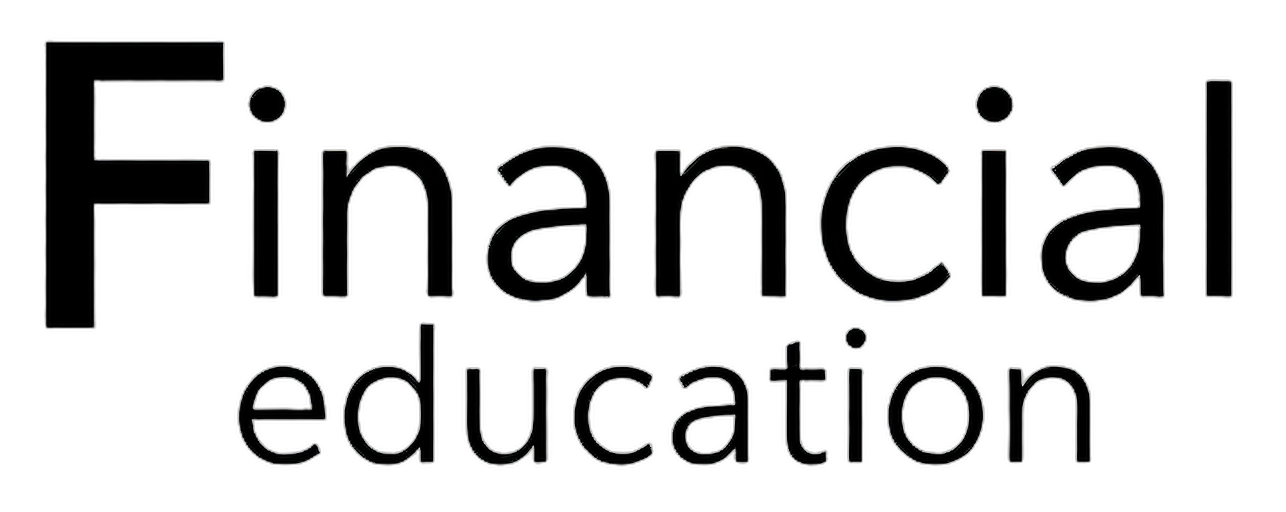Did you know nearly 80% of Americans are in debt? The average household owes around $137,063. Debt can be helpful if managed right, but mismanaging it can cause big problems. It can hurt your financial health and overall happiness.
Living with debt is common today. But, ignoring due dates or taking on too much debt can lead to serious issues. Learning to manage debt well and being financially responsible can help avoid big troubles like bankruptcy or losing your home.

Key Takeaways
- Nearly 80% of Americans are in debt, highlighting the importance of effective debt management.
- Mismanaging debt can severely impact your credit score and lead to increased interest rates.
- Financial responsibility is key to avoiding severe consequences such as bankruptcy and foreclosure.
- Understanding the risks associated with poor debt management. can help you make better financial decisions.
- Effective debt management tips can guide you in maintaining financial stability and well-being.
Understanding Debt Management
Managing debt is key to keeping your finances healthy. It involves using strategies to handle your debt well. This way, you avoid getting into more financial trouble. By learning about debt management, you can control your money better and aim for a safer financial future.
What is Debt Management?
Debt management means making a plan to pay off debts. This might include talking to creditors, combining debts into one, or using other financial plans. Knowing what is debt management is important. It helps avoid serious debt problems and guides you towards getting back on track financially.
The Importance of Financial Responsibility
Being financially responsible is crucial for managing debt. It means knowing how your debts affect your financial health and making smart choices. By checking your finances often, keeping a balanced budget, and tackling your debts early, you can avoid big problems and lessen debt issues.
The Immediate Impacts of Debt Mismanagement
Mismanaging debt can lead to serious financial problems right away. These issues can change your daily life and have long-term effects. It’s important to tackle them quickly.
Late Payments and Credit Scores
One immediate problem is the drop in your credit scores from late payments. This makes it tough to get loans, credit cards, and even rent an apartment. It’s key to find good ways to handle credit card debt to keep your credit score up.
Increased Interest Rates
Another quick problem is higher interest rates. Missed payments or going over your credit limit can cause this. It makes your current debt cost more and raises interest rates for future loans. Looking into ways to manage credit card debt can help reduce these costs.
Not Managing Your Debt Wisely Can Result In
Not handling debt well can lead to serious problems. It can hurt your financial health and credit score. Knowing the debt consequences of not paying attention can help you avoid these issues.
Collection Accounts
Unpaid debts often end up with collection agencies. This not only increases what you owe due to fees but also harms your credit score. Collection accounts are a big warning sign for lenders.
They show you’ve had trouble managing debt. Having them on your credit report makes it hard to get loans or credit later.
Foreclosure and Repossession
Foreclosure and repossession are the worst debt consequences. If you don’t pay your mortgage, you could lose your home. This leaves a lasting mark on your credit report.
Not paying car loans can lead to your car being taken away. These extreme steps happen when debts are ignored. They leave you without important things, making life harder and more expensive.
Long-Term Financial Consequences
Poor debt management can deeply affect your financial future. It leads to long-term challenges that are hard to get over. One big issue is how it can lower your credit score.
This lower score makes it tough to get credit and loans in the future.
Reduced Access to Credit
Ignoring your finances can hurt your credit score. A bad score means you might not get loans or credit cards. This limits your choices for big purchases.
It also makes it hard to rent a place or get a mortgage. This lack of credit options can really limit what you can buy and do financially.
Bankruptcy and Its Effects
In extreme cases, people might consider bankruptcy. But, it has serious long-term effects. It can make it hard to get credit for years.
Even though it might help with debt, the damage to your credit score is big. A bankruptcy stays on your report for up to ten years.
This makes it hard to get loans or even some jobs. It also affects your chances for financial benefits.
Knowing the long-term financial consequences of bad debt management is key. It shows why staying on top of your finances is so important. By being proactive, you can avoid these big problems and protect your financial future.
Identifying Good Debt vs. Bad Debt
Knowing the difference between good debt vs bad debt is key to managing your finances well. Good debt helps grow your wealth or improves your life, like paying for school or a home. These investments usually pay off over time, making your finances stronger.
Bad debt, on the other hand, is when you borrow for things that lose value or don’t help your finances in the long run. Examples include high-interest credit card debt from buying things you don’t need or financing a car that loses value fast.
| Criteria | Good Debt | Bad Debt |
|---|---|---|
| Purpose | Investment in future earnings (e.g., education, real estate) | Consumption without return (e.g., luxury items, vacations) |
| Interest Rates | Typically lower (e.g., mortgage rates) | Usually higher (e.g., credit card rates) |
| Value Over Time | Appreciates or remains relatively stable | Depreciates quickly |
| Financial Benefit | Can lead to increased net worth and income potential | Often results in continuous additional costs |
To avoid bad debt, use debt management tips to keep your finances healthy. Focus on paying off high-interest debts first. This way, you can invest in things that will benefit you more in the future. Also, being smart with credit can help you manage good debt and avoid bad debt.
Debt Reduction Strategies
On the path to financial stability, using debt reduction strategies is key. These plans help you pay off debts, save on interest, and manage payments better. This way, you avoid getting deeper in debt.
Budgeting for Debt Repayment
Making a solid budget is the first step in reducing debt. Budgeting for debt repayment means tracking your income and expenses. This helps you find money to pay off debts. It keeps you on track and reduces your debt over time.
Debt Consolidation Options
Looking into debt consolidation options can really help. It combines several debts into one, making payments easier. Often, you get a lower interest rate, too. This simplifies your payments and helps you focus on repaying without juggling many creditors.
Credit Card Debt Solutions
Credit card debt can grow fast because of high-interest rates. Using credit card debt solutions like balance transfers or lower interest rates can save a lot. Also, setting up automatic payments keeps you on schedule and avoids extra fees.
Avoiding Debt Traps
Managing your finances well means avoiding debt traps. These traps often come from high-interest loans or payday advances. They can grow out of control fast.
To stay safe, follow these debt management tips:
- Check the interest rates and terms of any loan before you agree. High-interest rates can make your debt much bigger.
- Make a budget that includes plans to pay off your debt. This way, you won’t borrow more than you can handle.
- Stay away from payday loans and other short-term, high-interest loans. They can trap you in a cycle of debt that’s hard to get out of.
- Learn more about money by reading good sources and taking debt management courses.
Using these tips can help you avoid financial problems. It will also improve your financial health.
How to Improve Your Credit Score
Improving your credit score is key to good financial health. It’s about using credit cards wisely, using secured cards to rebuild, and having a mix of credit types.
Using Credit Cards Responsibly
Using credit cards right is a top way to boost your score. Always pay your bills on time and in full. Try to use less than 30% of your credit limit. Don’t just pay the minimum, as it can cost more in interest.
Also, don’t fill up your cards. This can hurt your score.
Applying for Secured Credit Cards
Secured credit cards are great for starting or fixing your credit. They need a deposit to set your limit. Paying on time shows you’re responsible and can slowly raise your score.
With time, you might get regular credit cards.
The Importance of a Credit Mix
A good credit mix includes different types of credit. This shows you can handle different debts well. Having a mix and paying on time can really help your score.
Managing both credit cards and loans shows you’re financially savvy.
Seeking Professional Help for Debt Management
If you’re struggling with debt, getting help from experts can be a game-changer. They offer advice and plans to manage your debts better. There are two main types of help: credit counseling services and debt settlement companies. Each has its own way to help you get back on track financially.
Credit Counseling Services
Credit counseling services help you understand and reduce your debt. They assess your finances and create a plan just for you. A counselor talks to your creditors to get better payment terms, which can save you money.
The National Foundation for Credit Counseling (NFCC) connects you with certified counselors. They can guide you towards financial stability.
Debt Settlement Companies
Debt settlement companies negotiate with creditors to lower what you owe. This is different from credit counseling, which focuses on paying off debts. Debt settlement can cut down your debt but might need a big upfront payment and could hurt your credit score.
Companies like Freedom Debt Relief and National Debt Relief work hard to get the best deals for their clients. They aim to reduce your debt as much as possible.
It’s important to think about the pros and cons of each service. Make sure it fits your financial goals and helps you stay financially responsible in the long run.
Conclusion
Managing debt is key to keeping your finances in check. If not handled well, debt can cause a lot of stress. It can hurt your credit score and make it hard to get loans. But, knowing how to manage debt can help you stay financially healthy.
It’s important to know the difference between good and bad debt. Using strategies to pay off debt and avoiding traps can help. By making a budget for debt repayment and looking into debt consolidation, you can take charge of your finances.
Getting help from professionals like credit counselors or debt settlement companies can also be beneficial. With their support and your own efforts, you can reach financial stability. Remember, managing debt is a long-term effort. But with the right approach, you can secure your financial future.

